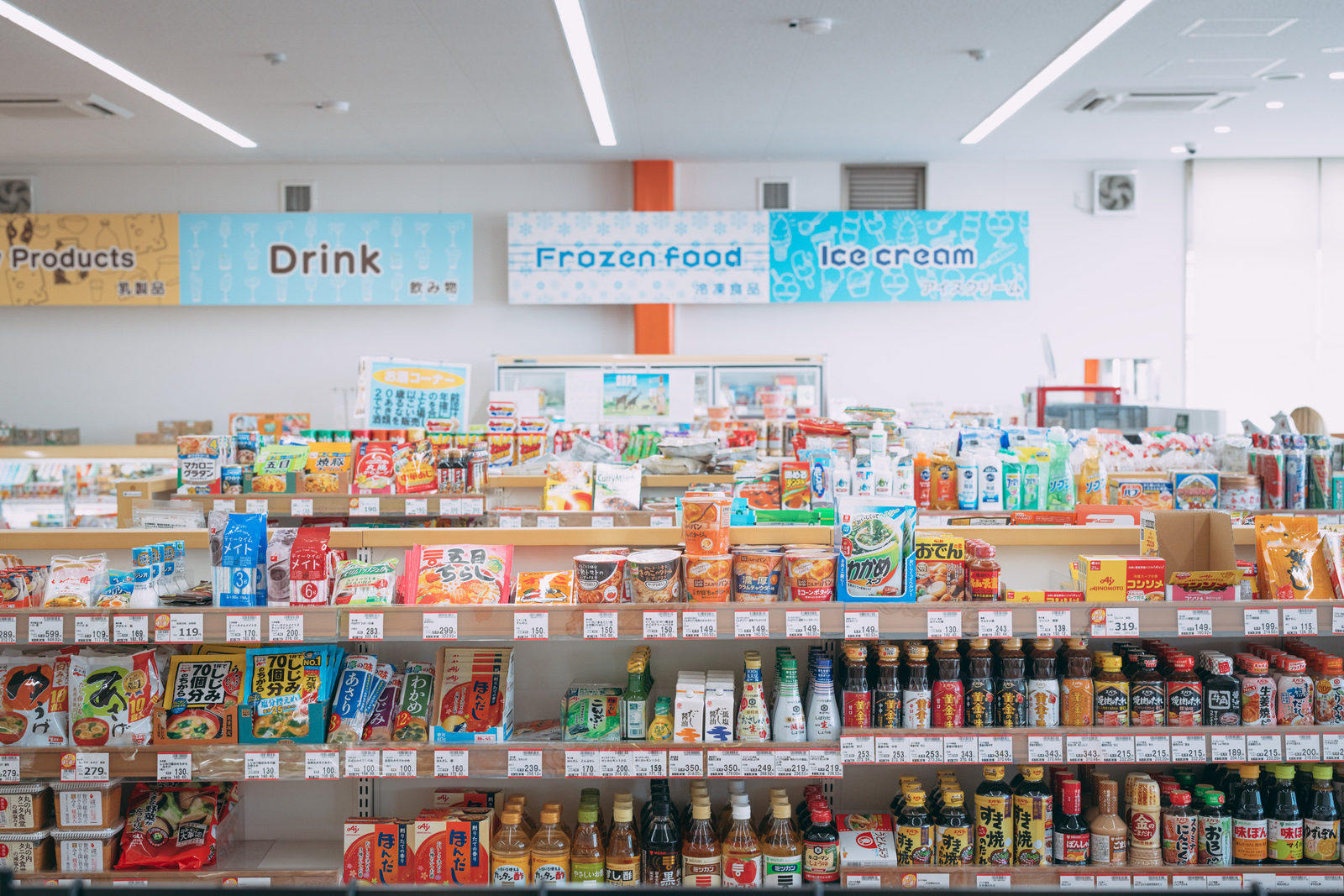
Japan, with its beautiful landscapes, rich history, and delicious cuisine, welcomes travelers with the convenience of ubiquitous convenience stores. Operating 24 hours a day, these stores provide an extensive array of products, making them a lifeline for many travelers. However, amid the convenience, it’s crucial to be aware of certain nuances, especially when it comes to purchasing medications.
This article aims to guide travelers on the unique aspects of shopping at Japanese convenience stores, shedding light on the fact that, contrary to general expectations, these stores do not sell common medications. Understanding this distinction is vital for a smooth and enjoyable travel experience in Japan.
Now, let’s delve into the specifics of what makes these convenience stores remarkable yet necessitates caution, particularly regarding the acquisition of medications.
1. Convenience of Convenience Stores
Convenience stores in Japan are not just places to grab a quick snack; they are hubs of convenience that cater to diverse needs. Operating round the clock, they offer groceries, daily essentials, magazines, bento boxes, and various other products. Clean and well-equipped with services like ATMs, convenience stores play a pivotal role in supporting travelers throughout their Japanese journey.
2. Caution Regarding Medication Purchases
While convenience stores excel in providing an array of products, purchasing medications is an exception to the rule. Unlike in many countries, Japanese convenience stores do not stock common over-the-counter medications such as cold medicine or pain relievers. Instead, these items are exclusively available at drugstores and pharmacies.
This nuance is critical for travelers, especially those who may need quick access to medications. Planning ahead by acquiring necessary medications from specialized stores is the key to being well-prepared for any unforeseen health issues during the trip.
3. Utilizing Drugstores and Pharmacies
To procure medications in Japan, one must turn to drugstores or pharmacies. These establishments not only provide a wide range of medications but also offer the expertise of licensed pharmacists. The availability of multilingual assistance in many of these stores ensures that travelers can communicate their needs effectively.
Beyond medications, drugstores and pharmacies in Japan often carry vitamins, health supplements, and everyday items. Seeking advice from the knowledgeable staff can lead to tailored recommendations that align with one’s health requirements.
4. Handling at Tourist Spots and Airports
In tourist-centric areas and major airports, 24-hour drugstores or pharmacies are becoming more prevalent. However, the availability of these services may still be limited in suburban or rural destinations, especially during late-night or early-morning hours.
Travelers are encouraged to check in advance for the presence of 24-hour drugstores, particularly if they anticipate needing medications during unconventional hours. Additionally, pharmacies within airports provide convenient options for travelers arriving or departing at any time.
5. Importance of Advance Precautions
Travelers with pre-existing health concerns or those on specific medications should take proactive measures. Consulting with a doctor before the trip, ensuring an ample supply of necessary medications, and carrying a prescription for reference are prudent steps. While adherence to regulations is crucial when carrying medications, it is an essential aspect of responsible health management.
Conclusion
In conclusion, while Japanese convenience stores offer unparalleled convenience, travelers should exercise caution, especially when it comes to purchasing medications. Understanding the limitations of convenience store offerings and planning ahead by utilizing drugstores or pharmacies will contribute to a seamless and enjoyable travel experience in Japan. Health management is a personal responsibility, and with careful planning, travelers can navigate any health-related challenges with confidence and ease.
Comments